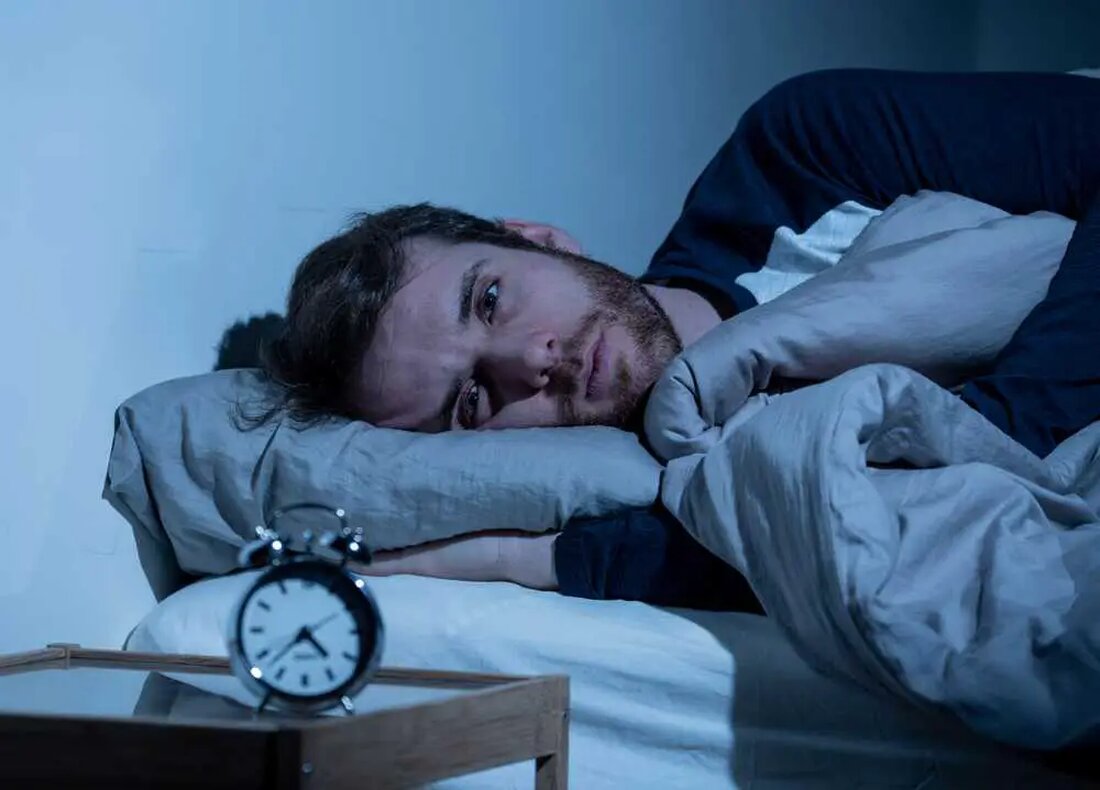Why sleep patterns change with age and what you can do about it.
Why do sleep patterns change with age? There is a common stereotype that teenagers sleep late while older adults wake up early. Surprisingly, this cliché contains some truth and is actually part of the natural aging process. Experts recommend that adults get seven or more hours of sleep per night and establish a regular sleep schedule by going to bed at the same time every night. However, as people reach middle age, they tend to sleep less each night, with an average decrease of 30 minutes every 10 years. They also often go to bed earlier and wake up earlier. Why change...

Why sleep patterns change with age and what you can do about it.
Why do sleep patterns change with age?
There is a common stereotype that teenagers sleep late while older adults wake up early. Surprisingly, this cliché contains some truth and is actually part of the natural aging process.
Experts recommend that adults get seven or more hours of sleep per night and establish a regular sleep schedule by going to bed at the same time every night. However, as people reach middle age, they tend to sleep less each night, with an average decrease of 30 minutes every 10 years. They also often go to bed earlier and wake up earlier.
Why do sleep patterns change?
To understand why sleep patterns change, we must first understand how sleep works. Sleep is not just a single state, but a complex sequence of phases that repeat throughout the night:
Typically, younger adults spend more time in the deeper stages of NREM sleep, which are associated with physical recovery.
As we age, the architecture or structure of our sleep changes significantly:
The change in sleep-wake cycle is mainly attributed to changes in the aging brain. As we age, our brain becomes less responsive, including its ability to perceive and respond to various stimuli.
“The connections in the brain are probably not as good at perceiving and responding to the stimuli as they should because it is an aging brain,” explained Dr. Sairam Parthasarathy, director of the Center for Sleep and Circadian Sciences at the University of Arizona Health Sciences, in an interview with HuffPost.
These stimuli, such as daylight, social cues, meal times, and physical activity, help us determine the time of day. Imagine being locked in a room with no external cues - it would be difficult to pinpoint the day and time.
Teenage brains still process these cues efficiently, but as they age, brain degeneration hinders the synchronization of these cues. This difference is one of the reasons why older people get tired earlier and may require an earlier bedtime, which leads to an earlier wake-up time.
It's also about the eyes
Our eyes also play an important role in perceiving external cues, and it's no surprise that vision changes with age.
“Interestingly, there is a reason, namely that with age, changes in vision are reduced to the intensity of the light stimulus perceived by the brain, which plays an important role in “setting” our circadian clock and maintaining it,” said Professor Cindy Lustig of the Cognition and Aging Laboratory at the University of Michigan.
Eye diseases that occur with age, such as cataracts, can increase this effect. Cataracts, which often affect older adults, cause the lens in the eye to become cloudy.
"When cataracts are present, evening light does not penetrate the eyes as much, so our brain perceives the sunset earlier than it actually occurs," Parthasarathy explained.
This change can also affect melatonin levels in the body. Melatonin, also known as the sleep hormone, usually begins to rise after sunset. However, when cataracts cause the brain to perceive an earlier sunset, melatonin levels can rise prematurely, which can lead to an increased need for sleep.
While it's normal for sleep patterns to change as you age, there are certain signs and symptoms that may indicate a more serious sleep disorder or disruption. If you notice any of the following symptoms, it is important to speak to a doctor or healthcare professional:
These symptoms may indicate conditions such as sleep apnea, insomnia, or restless leg syndrome. Medical assistance can ensure that any underlying sleep disorders or disruptions are properly diagnosed and treated.
While it's natural for sleep patterns to change with age, practicing healthy sleep habits and treating underlying sleep disorders can help you achieve better sleep and overall well-being as you age.
Source: Healthy Holistic Living

 Suche
Suche
 Mein Konto
Mein Konto
